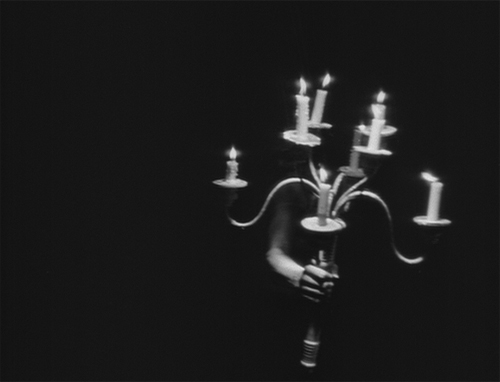http://www.theonion.com/content/news/u_s_economy_grinds_to_halt_as
Figgin’ hi-larious (and poignant) bit in the Onion. Go read it. Then let’s talk about the concluding sentiment. After Capitalism crumbles because everyone simultaneously realizes that money is worthless, a man-on-the-street is quoted:
“‘It’s back to basics for me,’ Bernard Polk of Waverly, OH said. ‘I’m going to till the soil for my own sustenance and get anything else I need by bartering. If I want milk, I’ll pay for it in tomatoes. If need a new hoe, I’ll pay for it in lettuce.’ When asked, hypothetically, how he would pay for complicated life-saving surgery for a loved one, Polk seemed uncertain.
‘That’s a lot of vegetables, isn’t it?’ he said.”
I have two immediate responses to that. One is rather utopian: Why exactly would a complicated surgery have to be expensive in a non-currency-based economy? The surgeon wouldn’t get an enormous fee; there would be no insurance company to leech resources out of the procedure; the hospital and the equipment manufacturers would be collectively operated for the benefit of the populace…so what would make surgery so out-of-reach for vegetable farmer?
The other response, perhaps a more reasonable one, goes something like this: Guess what? Many, many people ALREADY go without ‘complicated, lifesaving’ surgery, because we don’t value human lives equally, nor is it our priority to maintain them. Poor and working folk forgo such things regularly, or they purchase them with the sum total of their resources, leaving them and the future generations of their families in treacherous financial waters and subject to disastrous currents. It’s called CAPITALISM, right? So if the radical transformation of our exchange system were to magically occur during a moment of blinding-light revelation, those in need of surgery wouldn’t necessarily be any worse off.
And these are the issues everyone born after 1965 is going to have to wrestle with in a very concrete way, very soon. 30% of Medicare dollars are spent on people who die within two months. ‘End of life care,’ especially those “complicated, life-saving” surgeries, will be an enormous burden on the small generations who will be required to pay for millions of retired Baby Boomers. Life-saving surgery never really saves anyone’s life – it should properly be referred to as ‘life-extending’ surgery. Often, the extension of life is bought at enormous expense to an individual’s family. More importantly, the ‘saved’ time may be filled with pain and suffering. And it’s very often brief.
If we are ethical creatures, we should be carefully probing our attachment to this form of healthcare. I have told my closest friends and family that I don’t wish my life to be extended past my ability to enjoy it, or to contribute meaningfully to my relations with others. I hope to die suddenly. If my death becomes a prolonged affair that is causing suffering for those I love, I want the process to be hastened. I hope that, by the time I’m dying, there are legal and humane methods to do that.
I don’t want $100,000 worth of surgery or tube-feeding or ‘life-support machines’ to tack on an extra month or year at the end of a long life. I would rather that money fund someone’s education, or the staging of a play, or the publication of a book, or a series of grand and intricate feasts. And that is what my living will expresses. I know it’s not anyone’s right to make that decision for another person (well, unless ‘anyone’ works for an insurance company!) but I do urge you to consider your own dying days, and carefully decide how much you want to take from your family and your society on your way out.









